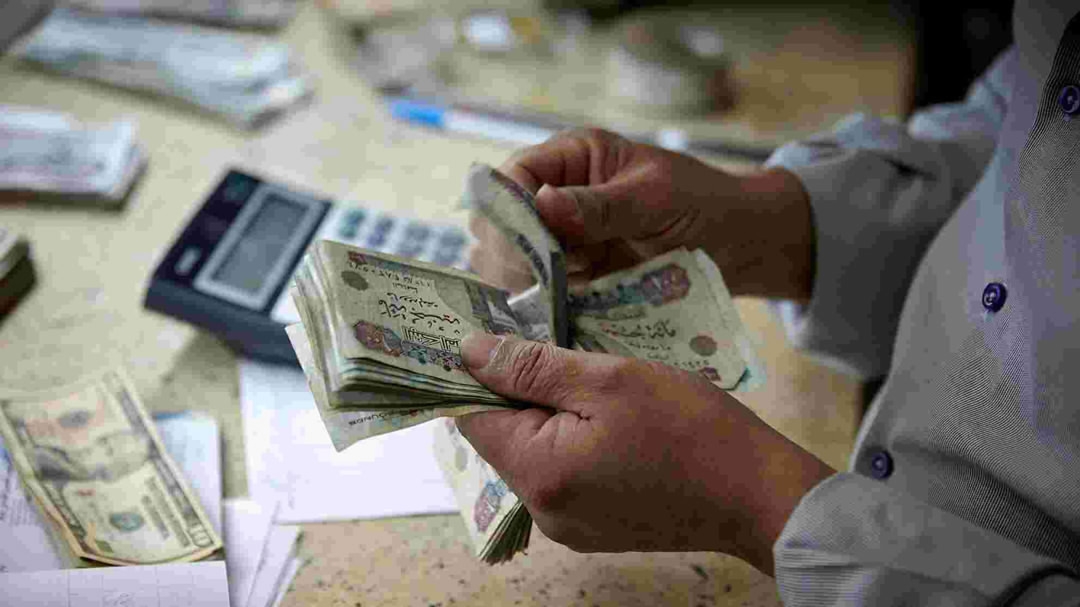By CGTN’s Yasser Hakim
The Suez Canal Zone in Egypt, which was at the core of the ancient Silk Road, is shining even more brightly thanks to the new China-proposed Belt and Road Initiative.
There are more than 50 Chinese factories operating in the Suez Economic Zone, including China Jushi, the largest fiber glass manufacturer in the world. The zone is a major part of Egypt’s new Suez Canal project, which was established in 2015.
Since the economic zone was established, Chinese investments have increased from 500 million US dollars to nearly five billion US dollars, and bilateral trade has reached 11 billion US dollars.
Li Daixin, the Chief Executive of Tianjin Economic-Technological Development Area (TEDA) Suez Economic Zone Development Company, thinks of Egypt as a vast market for investment not only because of its important location.
“Egypt has signed bilateral or multilateral trade agreements with the world's major economies, such as the US and the EU. If foreign-funded enterprises invest in Egypt, and export their products which are made in Egypt to these countries, they are duty-free," said Li.

Egyptian banknotes. The Suez Canal extension and other construction projects have boosted the Egyptian economy. /VCG Photo
The numbers are set to rise. Chinese President Xi Jinping promised on his state visit last year that Chinese investments to Egypt would exceed 15 billion US dollars in the next three years.
The two countries are also backing bilateral trade with financial support.
The Central Bank of Egypt (CBE) signed a bilateral currency swap deal with the People’s Bank of China (PBC) for 18 billion yuan (2.6 billion US dollars) against the equivalent in Egyptian pounds last December. The agreement is valid for three years and can be extended with mutual consent.
Egypt, which relies heavily on imports, has been suffering from an acute dollar shortage since the 2011 uprising which was followed by political and social unrest. The swap deal provides RMB as an alternative to the US dollar.
"Nowadays, due to the impact of foreign exchange shortages, Egypt has implemented very strong controls on foreign imports. Our bilateral trade volume in the second half of 2016 and in 2017 has been affected by the policy shift. If the Egyptian pound and the RMB can be exchanged directly, we can avoid the risk of the dollar shortage, and that will greatly enhance bilateral economic and trade exchanges," Li said.
This will also promote economic cooperation.
"What's important in the deal is that China is now considered a partner in expenditure. So if Egypt spent 20 billion Egyptian pounds (2.55 billion US dollars), the Chinese side will spend the same. This means more Egyptian exports, more tourists to Egypt and more investments," said Mustafa Ibrahim, the Vice President of the Egyptian Chinese Business Council.
Related stories:









